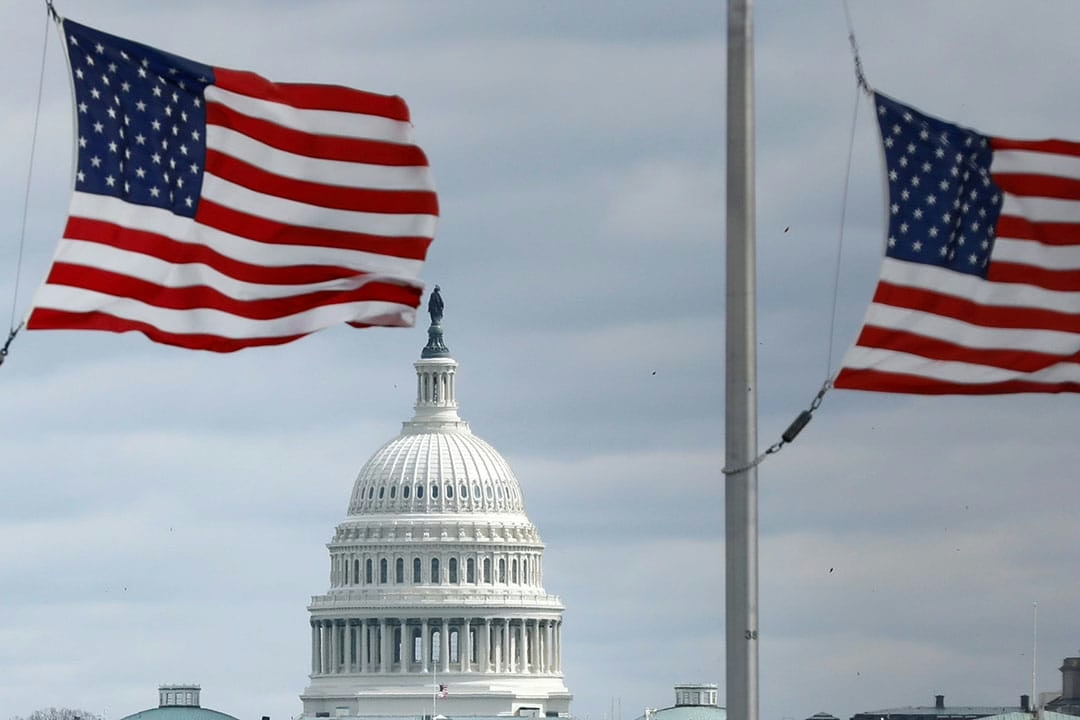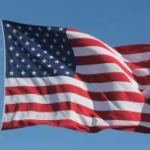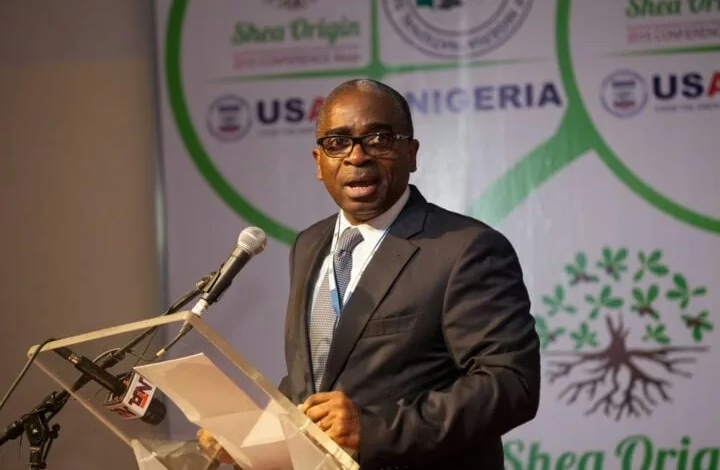The United States is weighing sanctions against Nigeria and a possible expanded role for the Pentagon in counterterrorism operations as part of efforts to pressure Abuja to improve protections for Christian communities, a senior State Department official told U.S. lawmakers on Thursday.
Jonathan Pratt, head of the State Department’s Bureau of African Affairs, said the Trump administration is “developing a plan to incentivize and compel the Nigerian government to better protect Christian communities and improve religious freedom.”
Pratt testified before the House Foreign Affairs Committee during a hearing on President Donald Trump’s redesignation of Nigeria as a “Country of Particular Concern” (CPC) for religious-freedom violations. He noted that measures under consideration include actions by the U.S. State and Treasury Departments as well as potential “Department of War engagement on counterterrorism,” referring to the Pentagon’s new official name under the Trump administration.
He said Washington is reviewing its security assistance to Nigeria, evaluating its usage, effectiveness, and the intelligence-sharing arrangements already in place.
In a statement posted on X shortly after the hearing, Pratt said the CPC decision reflects the administration’s commitment to defending religious freedom globally.
“The levels of violence and atrocities committed against Christians and communities of all faiths in Nigeria are appalling and threaten this universal right,” he said. “We remain open to working with the Nigerians, but we expect to see results on the ground.”
The pressure on Abuja follows President Trump’s recent warning that the U.S. could take military action if Nigeria fails to curb attacks on Christians. He also announced a suspension of all U.S. aid to Nigeria.
Nigerian authorities continue to deny allegations of systemic persecution, arguing that the country’s overlapping security crises—ranging from ethnic tensions to resource disputes and Islamist extremism—are often misinterpreted.
Nigeria was returned to the CPC list in October, a move Jacob McGee, deputy assistant secretary in the Bureau of Democracy, Human Rights, and Labor, said had “captured the attention” of Nigerian officials, though he stressed that “a lot more needs to be done.”
Nigeria—home to over 200 ethnic groups and a mix of Christian, Muslim, and traditional religious communities—has experienced long-standing communal conflicts alongside the 15-year Boko Haram insurgency in the northeast, which has killed tens of thousands, mostly Muslims.
A high-level Nigerian delegation, including the national security adviser, defence chief, defence intelligence chief, and the inspector general of police, is currently in Washington for meetings with U.S. Deputy Secretary of State Christopher Landau and Pentagon officials.
Pratt said he does not believe the Nigerian government has been infiltrated by jihadists, while McGee added that the U.S. plans increased engagement in Nigeria to deliver a clear message: “They have to do better.”









Leave a Reply